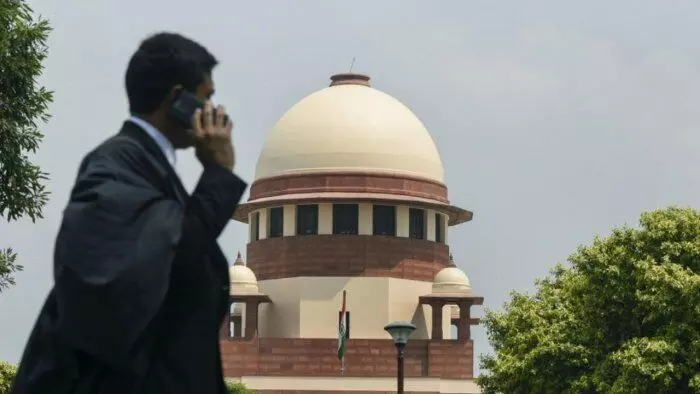‘Dist Police Chief can’t order further investigation without permission of magistrate or higher court’

New Delhi: The Supreme Court recently observed that only a magistrate or higher court has the power to order further investigation into a case and not an investigating agency.
The bench of Justices Krishna Murari and Sanjay Karol observed, “The Chief Police Officer of a district is the Superintendent of Police who is an officer of the Indian Police Service. Needless to state, an order from the District Police Chief is not the same as an order issued by the concerned Magistrate... The doctrine of contemporanea exposito aids such an interpretation of matters which have been long understood and implemented in a particular manner to be accepted into the interpretive process. In other words, the requirement of permission for further investigation or to file a supplementary report is accepted within law and is therefore required to be complied with.”
The case in question involved an accused charged under Section 420 of the IPC. The appellant claimed that the further investigation had been ordered in breach of due procedure, and the high court had erred in not quashing the proceedings. The state argued that only further investigation had been conducted as ordered by the district police chief.
The court distinguished between further investigation, which is a continuation of a previous investigation based on the discovery of fresh material, and a fresh investigation, which can only take place when ordered by a court. The court noted that the magistrate had not given permission for further investigation and that the second final report was without basis.
Furthermore, no material was placed on the record to show that the appellant’s representation was false or any proof of a financial transaction. Consequently, the court set aside the High Court’s order and further quashed the criminal proceedings against the appellant.



